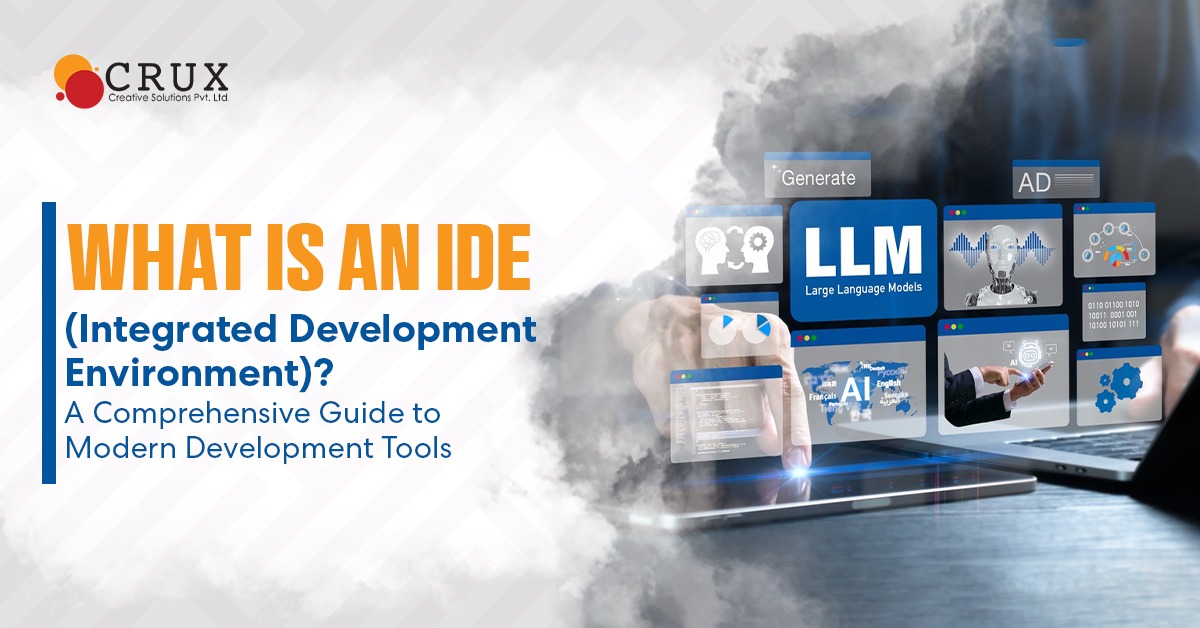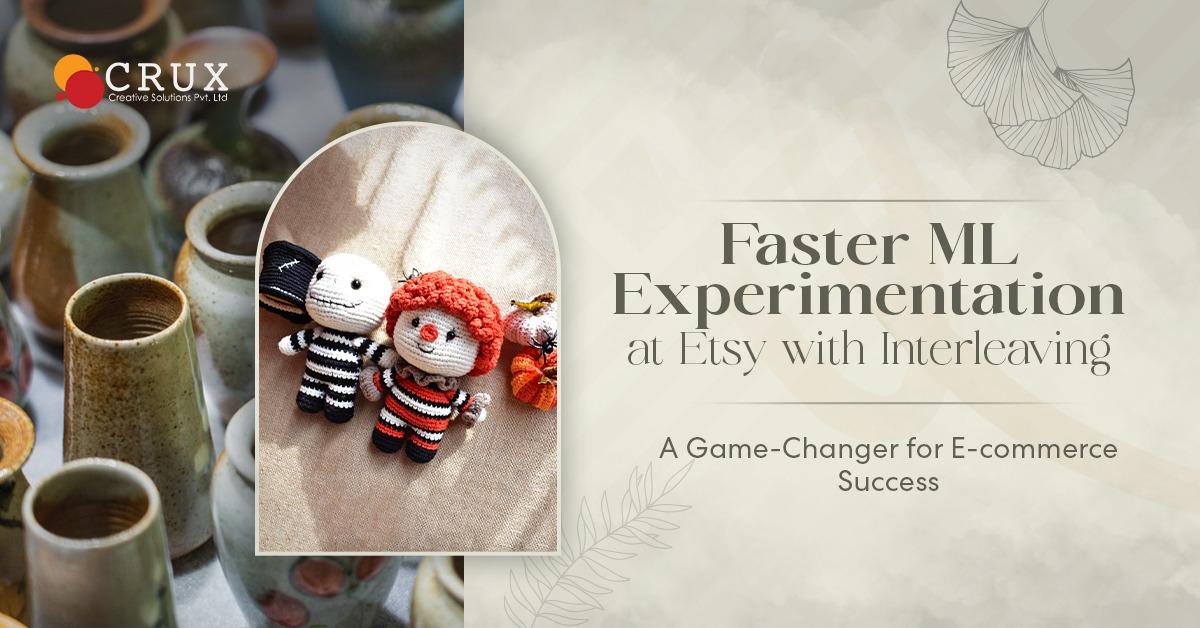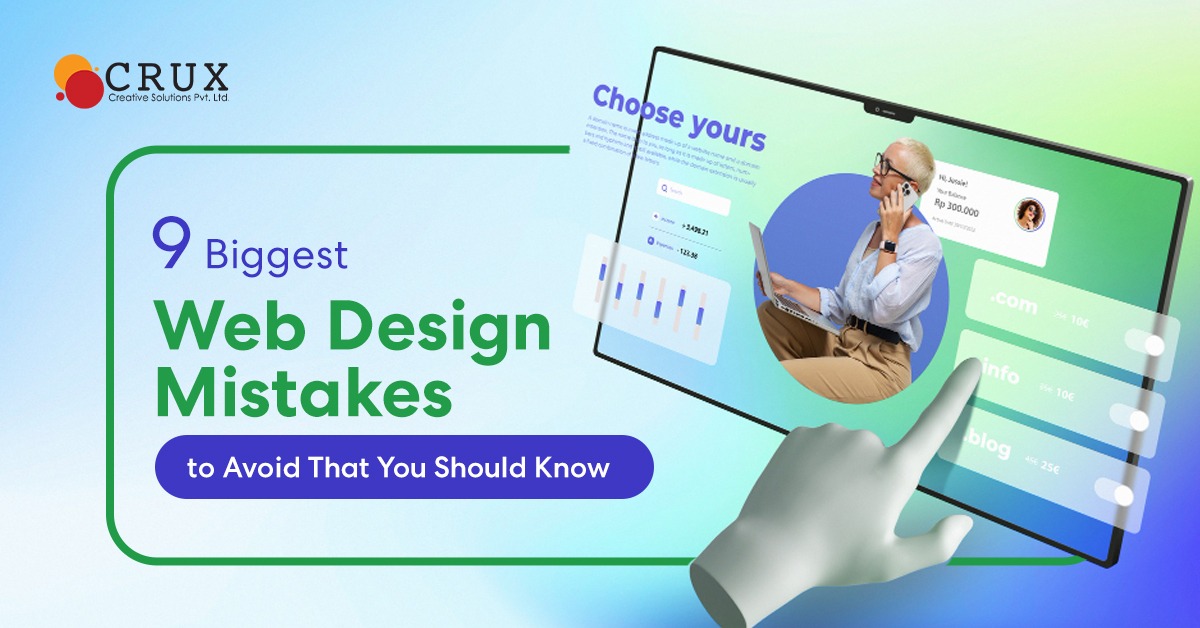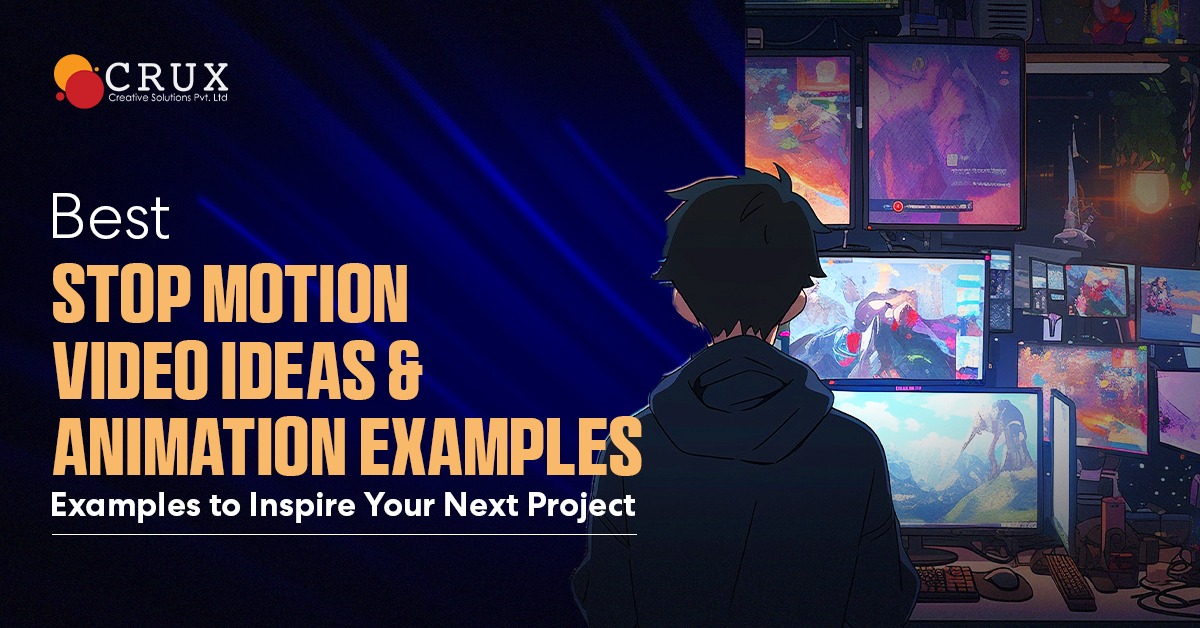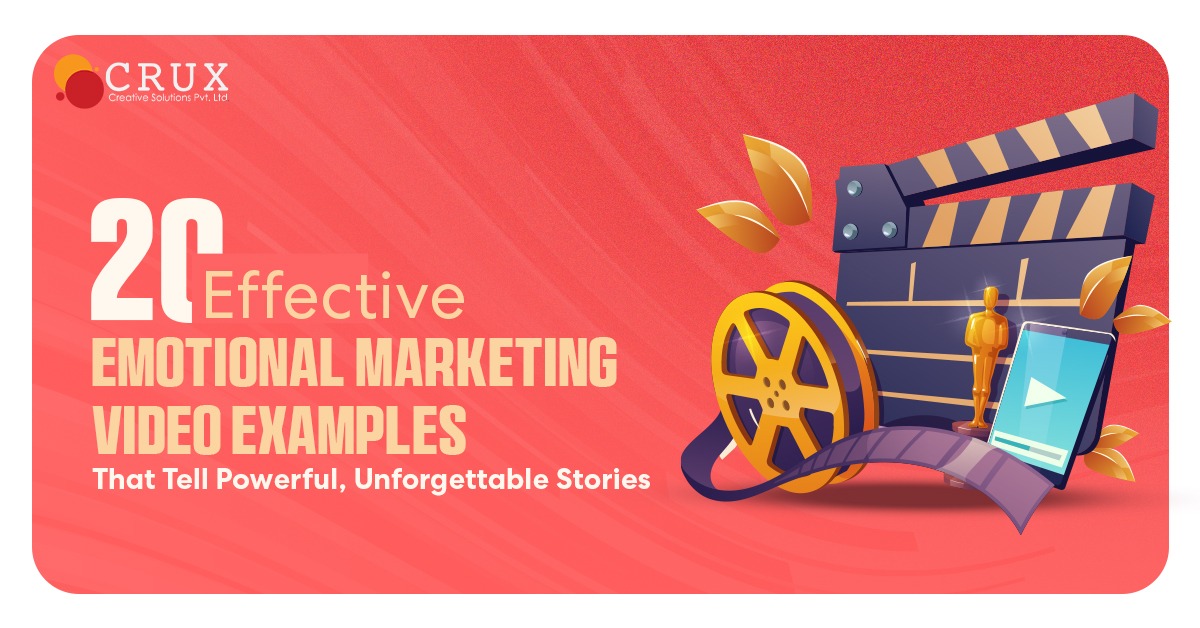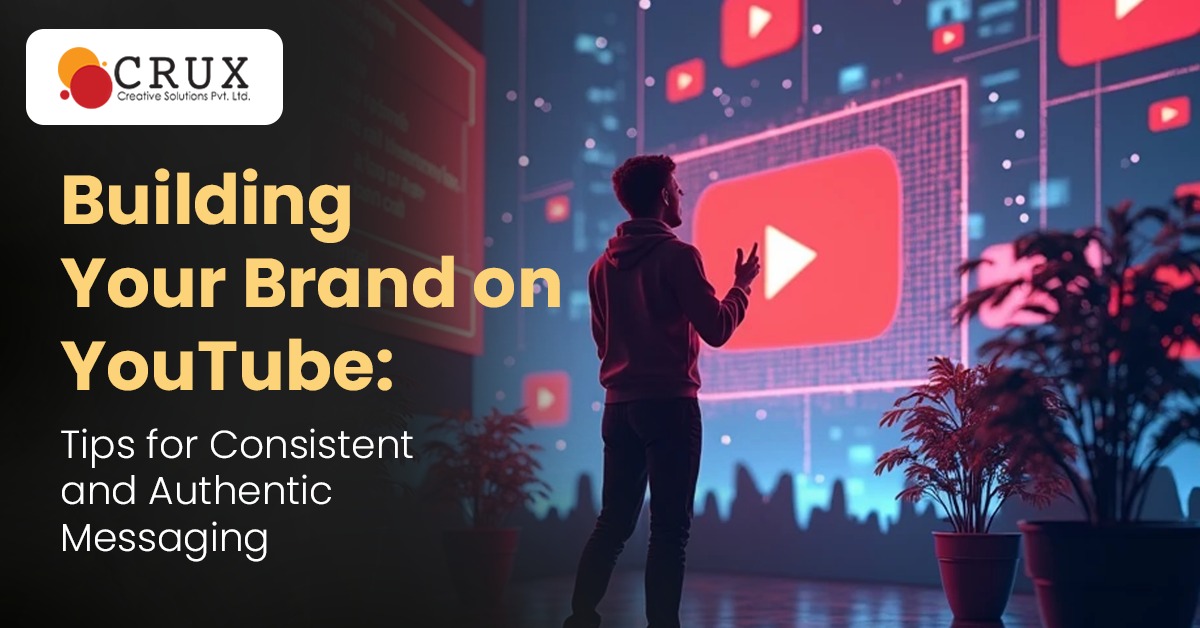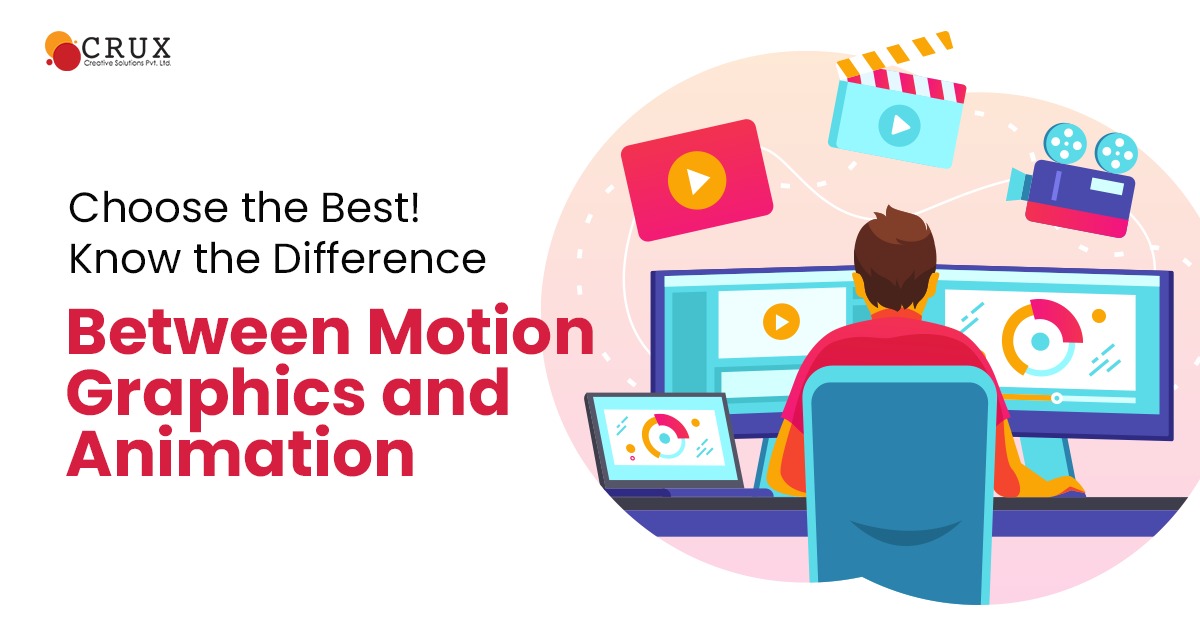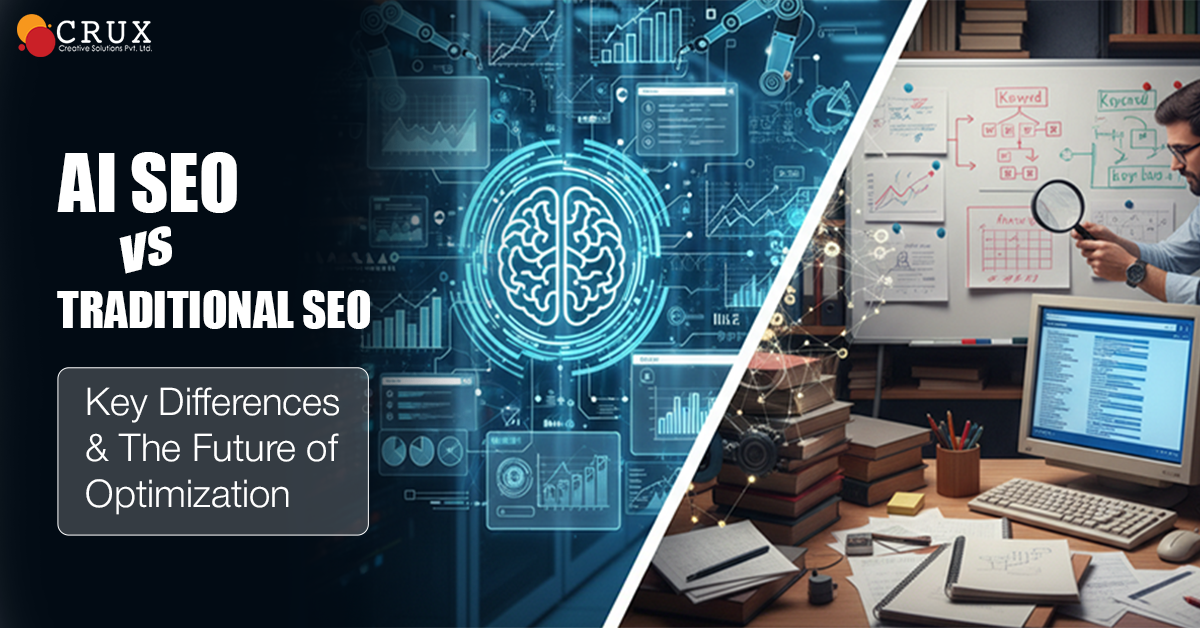
AI SEO vs. Traditional SEO: Key Differences & The Future of Optimization
SEO is changing fast, and if you're confused about what's happening, you're not alone. The way we optimize websites today looks completely different from what worked just a few years ago. Artificial intelligence has jumped into the driver's seat, and it's taking us somewhere new.
Let's break down what's actually changing and what it means for your website in plain English.
What Traditional SEO Was All About
Remember the old rules? Find keywords people are searching for, sprinkle them throughout your content, get other websites to link to you, and make sure your meta tags are perfect. That was traditional SEO in a nutshell.
It was pretty straightforward, honestly. Google's robots would crawl your site, look for specific keywords, check if other sites linked to you, and decide where you should rank. If someone searched for "chocolate cake recipe," Google looked for pages with those exact words in the title, headings, and content.
We all got good at playing this game. We knew the formula: write at least 500 words, use your keyword a few times, add some images with alt tags, and boom—you had a decent shot at ranking. Simple, predictable, and measurable.
How AI SEO Changes Everything
Now here's where things get interesting. AI doesn't just look for matching words anymore—it actually understands what you're saying. It's like the difference between someone who memorizes answers versus someone who actually gets the topic.
When you search today, AI figures out what you really mean, not just what words you typed. If you search "cheap phones," AI knows you might also be interested in "budget smartphones" or "affordable mobile devices" even if those exact words aren't on the page.
This is huge. It means you can't just stuff keywords into mediocre content and expect to rank. AI can tell when you're genuinely helpful versus when you're just trying to trick the system.
Keywords Still Matter, But Differently
Don't throw away your keyword research just yet. Keywords still help, but they work differently now. Think of them as conversation starters rather than magic spells.
Instead of repeating "best running shoes" twenty times, you write naturally about running shoes—covering comfort, durability, price ranges, and brands. AI understands that all of this relates to running shoes without you having to force the phrase into every sentence.
When you work with the best SEO company in Gurgaon, they should tell you the same thing: write for humans first, and let keywords flow naturally into your content.
It's About Being Helpful, Not Just Ranking
Here's the big shift: traditional SEO was about checking boxes. Write X words, use Y keywords, get Z backlinks. Done.
AI SEO asks a different question: "Is this actually helpful?" It looks at whether your content answers questions thoroughly, whether it shows real knowledge, and whether people find it valuable.
You can't fake this. AI notices when content is shallow or just recycled from other sites. It rewards content that brings something new to the table—whether that's deeper explanation, personal experience, or unique insights.
User Experience Actually Matters Now
We used to talk about user experience in traditional SEO, but mostly we looked at basic numbers like how long people stayed on your page. If they stuck around, good. If they left quickly, bad.
AI is way smarter about this. It understands context. Maybe someone left your page immediately because they found exactly what they needed in the first paragraph—that's actually good! Or maybe they scrolled through your whole article but left frustrated because it didn't really help—that's bad, even though they spent time there.
This means you need to genuinely care about helping your visitors. The best digital marketing agency in Gurgaon will tell you that tricks and hacks don't work anymore. Real value does.
Links Are Still Important, Just Not All Links
Backlinks haven't disappeared from SEO. They're still a signal that other people find your content valuable. But AI has gotten picky about which links actually count.
Getting a link from a respected site in your industry? That's gold. Getting fifty links from random, low-quality directories? That might actually hurt you now.
AI looks at whether the link makes sense—is it from a related topic? Is it surrounded by quality content? Does it genuinely help readers? Natural links from real recommendations matter. Purchased or spammy links don't.
Technical Stuff Still Counts
Your website still needs to load fast, work well on phones, and be easy for search engines to crawl. These technical basics haven't changed—they're just the starting point now instead of the finish line.
Think of technical SEO like having a clean, well-maintained store. It doesn't guarantee customers will buy, but it sure helps. If your site is slow or broken, even the best content won't save you.
People Talk Differently Than They Type
Voice search has changed everything. When people type, they use shorthand: "weather NYC." When they speak to Siri or Alexa, they say: "What's the weather like in New York City today?"
AI understands these conversational searches. Your content needs to answer questions the way a real person would, not like a robot reading a manual. Write naturally, like you're explaining something to a friend.
One Size Doesn't Fit All Anymore
Here's something wild: two people can search the same thing and see different results. AI personalizes based on location, search history, and what it thinks you're actually looking for.
This means your content needs to be comprehensive enough to help different people with different needs. You can't just target one narrow interpretation of a topic anymore.
What Works Now: The Hybrid Approach
The smartest strategy combines old and new. Keep doing the technical stuff right—fast sites, mobile-friendly design, clean code. But layer on top of that with AI-friendly approaches.
Write comprehensive content that genuinely helps people. Build real relationships that lead to natural backlinks. Think about what users actually need, not just what keywords they're searching. Make your site easy and pleasant to use.
Working with the best digital marketing agency in Gurgaon means finding people who get this balance—they respect the fundamentals but aren't stuck in 2018.
Making the Shift in Your Strategy
Start simple. Look at your existing content and ask: "Would this actually help someone, or is it just keyword fluff?" Be honest with yourself.
Next, focus on creating truly useful content. Answer questions completely. Share real insights. Don't just rewrite what everyone else is saying—add your own perspective or experience.
Build your site's technical foundation solid, then focus on serving real people with real needs. Get links by creating stuff worth linking to, not by buying them or trading them.
Why This Actually Makes Things Better
We know change is annoying, but this shift is actually good news. It means quality wins. Small businesses with great content can compete against big brands with big budgets. Being genuinely helpful beats gaming the system.
AI SEO rewards what we should have been doing all along: creating valuable content, building real relationships, and actually helping people solve their problems.
The Bottom Line
Traditional SEO gave us the foundation—technical optimization, keyword research, link building. AI SEO builds on that foundation but adds a crucial layer: genuine value and human-centric content.
You don't need to choose between them. Use traditional SEO's technical best practices as your baseline, then optimize for AI by creating content that real people actually want to read and share.
The websites that win in this new era are the ones that stop trying to outsmart algorithms and start focusing on being genuinely useful. It's that simple, and that challenging.
Stop optimizing for robots. Start optimizing for the humans those robots are trying to serve. That's the future of SEO, and honestly, it's how things should have always been.
FAQs
1. Will my old SEO efforts become completely useless with AI taking over?
Not at all! Think of it like upgrading from a flip phone to a smartphone—your contacts and messages still matter, but you've got new features to explore. Your existing backlinks, domain authority, and technical optimizations remain valuable. They're just not enough on their own anymore. The meta descriptions you wrote, the site speed improvements you made, and the quality links you earned still count. You're building on what you've done, not throwing it away and starting from scratch.
2. How can small businesses compete with big brands that have huge content teams for AI SEO?
This is actually where AI SEO levels the playing field! Big brands often produce generic, corporate content that lacks personality and real-world expertise. As a small business, you have authentic stories, direct customer knowledge, and niche expertise that AI recognizes as valuable. A local bakery owner writing about baking techniques from 20 years of experience will outrank a generic corporate blog post every time. Focus on your unique perspective, local relevance, and genuine expertise—that's your competitive advantage.
3. Do I need expensive AI tools to optimize for AI SEO, or can I do it manually?
You don't need fancy AI tools to optimize for AI search engines. The core of AI SEO is creating helpful, well-written content that genuinely serves your audience—you can absolutely do that with just your brain and a keyboard. AI tools can help with research, identifying content gaps, or analyzing competitors, but they're helpers, not requirements. Focus your budget on creating quality content first. If you're a decent writer who understands your audience, you're already equipped for AI SEO success.
4. How long does it take to see results when switching from traditional to AI-focused SEO strategies?
Expect anywhere from 3-6 months to see meaningful changes, though some improvements might show up sooner. AI SEO rewards consistency and depth over time. Unlike traditional SEO where you could sometimes see quick wins from technical fixes, building topical authority and demonstrating expertise to AI takes patience. The good news? Once you establish that authority, it's more stable and harder for competitors to knock you down. Think marathon, not sprint—but the finish line is worth it.
5. Can I still use SEO plugins and automation tools, or does AI SEO require everything to be manual?
Absolutely use your plugins and tools! Yoast, Rank Math, SEMrush, and similar tools are still incredibly helpful for technical optimization, identifying opportunities, and catching mistakes. What's changed is that you can't blindly follow their color-coded scores anymore. If a plugin says your keyword density is too low but your content flows naturally and comprehensively covers the topic, trust your judgment. Use tools as assistants that handle tedious tasks and provide insights, but let human understanding guide your final decisions about what makes content truly valuable.






